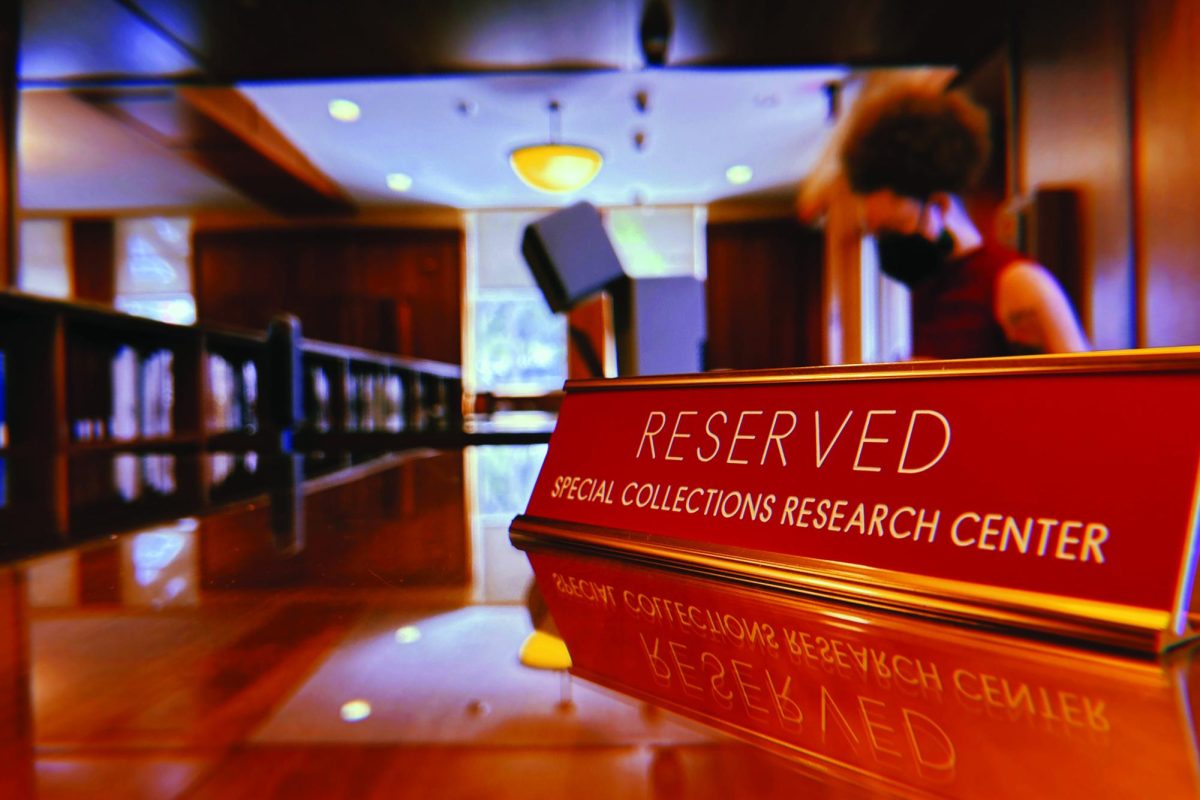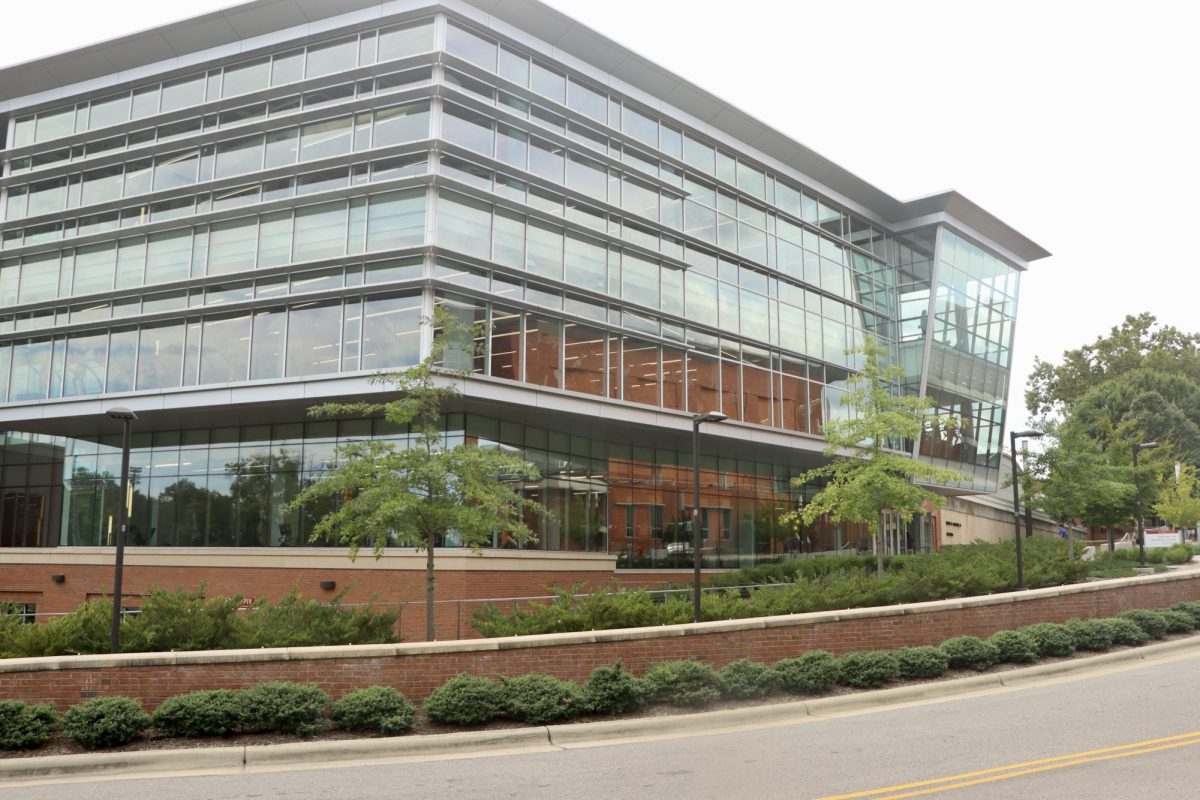C.T. Vivian, a pioneer in the American Civil Rights Movement and former colleague of Martin Luther King, Jr., spoke to an audience of nearly 500 students, faculty and community members Tuesday night in Stewart Theatre.
Vivian has been on the executive staff of several civil rights organizations, helped organize the March on Washington in 1963 and is regarded as an instrumental figure in the National Christian Leadership Conference.
He was a rider on the “freedom bus” to Jackson, Mississippi, helped end segregation in the lunch counters of Peoria, Illinois and founded a scholarship program, which has sent over 700 students to college.
But his resume wasn’t on display when he addressed the crowd in Talley Student Center; N.C. State took center-stage. And the spotlight was on race relations. “You’ve got to make change from the inside,” Vivian said. “It’s a slow and difficult process, but you have to be part of the institution in order to change the institution.”
According to Vivian, the University has seen a steady rate of improvement over the last half century.
“There are ups and downs, but you have to look at the big picture,” Vivian said.
And, according to Vivian, that’s the new challenge to the 21st century student population.
The University’s Black Action Strategies and Information Center, a program Vivian helped create and organize, is responsible for helping facilitate change in the way people view racism.
“This man’s program helped me view racism like I’ve never viewed it before,” Tom Stafford, vice chancellor for student affairs, said. “I went in his conference thinking I wasn’t a racist, and came out with a new understanding.”
Vivian said he centers his philosophy around those of Martin Luther King, Jr.
“He had it right,” Vivian said. “And I see this University in a position of actually following Martin King’s agenda and teaching other people to do so.”
Some of Vivian’s words are echoed in the thoughts of students, too.
Harmony Fayomi, a sophomore in chemical engineering, said race relations at NCSU are “pretty good.”
“People at N.C. State are extremely friendly,” Fayomi said. “If there is a separation in the student body, we have to educate students about the positives of diversity.”
But molding a masterpiece sculpture takes time. And no sculpture is without blemish.
According to Thomas Anderton, a senior in business management, he has never seen anything “blatantly racist” on campus.
“Our campus is very segregated,” Anderton said. “While race relations might be good, there’s not a lot of merging between the races.”
Anderton suggested planning events that would appeal to both blacks and whites.
“[Lack of merging] is what you get when you bring people so young from so many backgrounds,” Anderton said.
But according to Vivian, a lot more is at risk with race relations.
“The future of the world depends on the end of racism, violence, war and poverty. People separate white economy from black economy. But if black people go down, the whole country goes down with it,” Vivian said.
Vivian said the entire civil rights movement, which for him began at birth, can be summed up in one idea, “demand truth and love.”
According to Vivian, the United States is going to have to be a lot more demanding.
“The state of the beloved society Martin Luther King, Jr. dreamed for, perfect equality, is probably 200 years away,” Vivian said.
Until then, according to Vivian the world will “demand we find our soul.”



